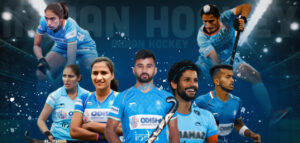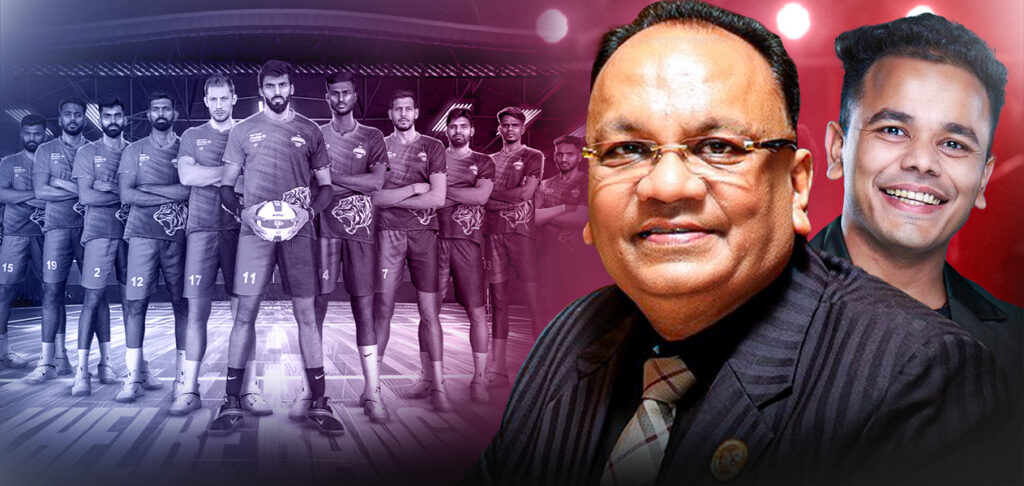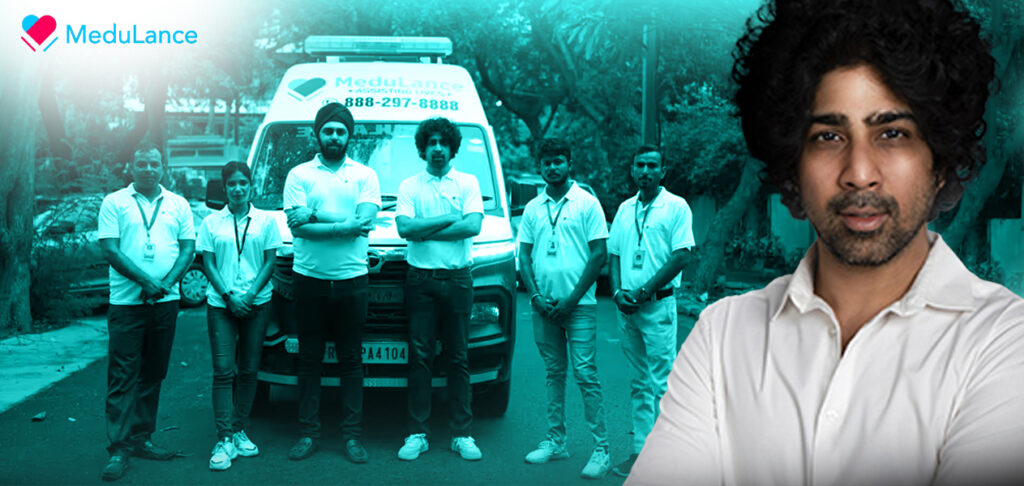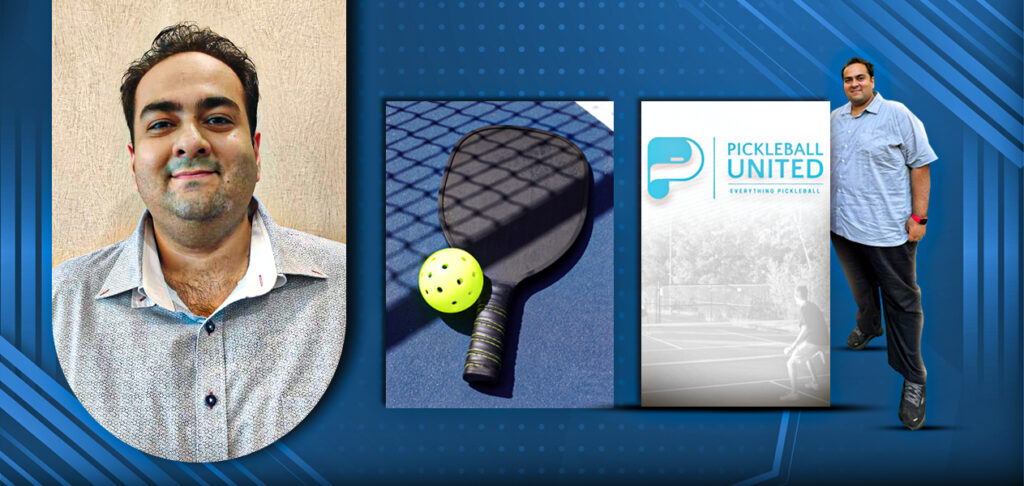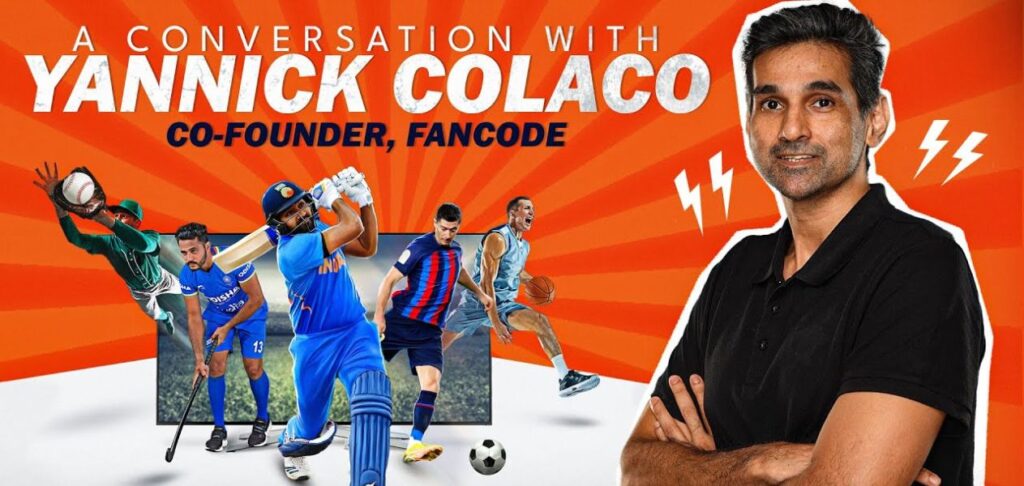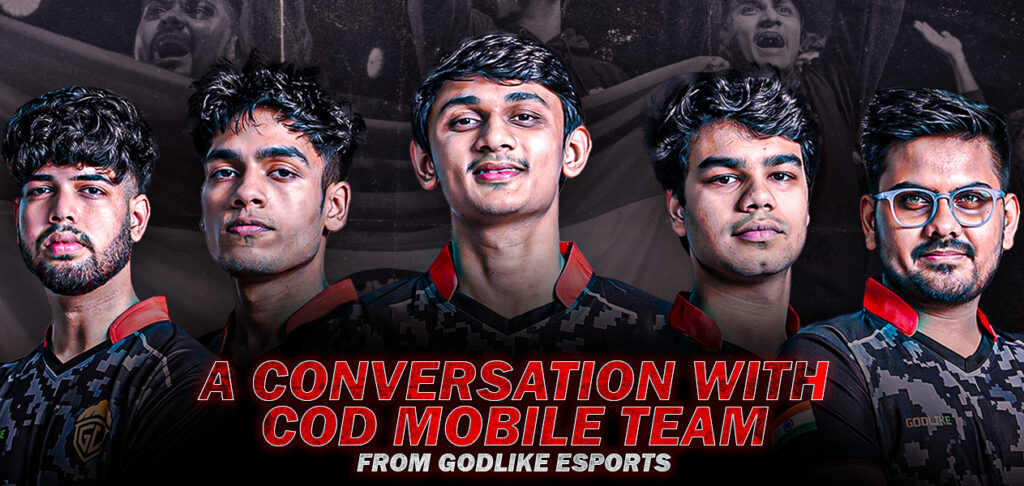Bhavani Devi will become the first fencer ever to represent India at the Olympic Games. En route to realising her dream of Olympic qualification, the Chennai-born fencer was impeded by cultural norms, economic strains and, to some extent, anatomy.
Chandalavada Anandha Sundhararam Bhavani Devi’s fencing career started with a lie. Young Bhavani was still in school, trying her hand at fencing for the first time – a sport that was unknown to most of India – when her coach asked her about her father’s income – an odd question to ask but not irrelevant, though, and she lied.
“We were told that fencing is a very expensive sport and we won’t be able to afford it if we come from a poor family,” recalled Bhavani. “I told him an amount which was more than what my father earned in those days. That’s how I got into the sport. When I started making progress, I understood why the coach had asked me that question.”
The whole sabre equipment and gear set costs around INR 70,000. And at that stage of her career, a lot of the expenses were not equipment related either. For her to continue making her way up the rankings, she needed to compete regularly on the fencing circuit, where a majority of the events were staged across Europe.
And the more serious she got about the sport, the louder the chorus of naysayers grew. From the moment she started taking fencing seriously enough to dream of participating at the Olympics one day, Bhavani would often be told that she wouldn’t get anywhere in the sport, while some berated her and suggested she looked for IT jobs as a woman rather than fencing.
“From the time I took up this sport seriously, I’ve always had to parry questions. People would ask why I was wasting my time. Those days, it was very difficult for me. I would lose a lot. I didn’t qualify for the Rio Olympics,” she said. “If I win a medal, people think fencing is very easy. If I lose, the mindset is that it is not possible for Indians to win in this sport. It’s always negative. Always about what can go wrong. That would hurt a lot.”
Unlike today, during the early days of her career, Bhavani used to train with bamboo sticks instead of blades. Swords were a luxury, only to be used during tournaments. And the decision was both monetary and logistical as well, as back in the day acquiring a blade in India was not an easy task. “If we broke a blade, we couldn’t afford to buy a new one, nor was it easy to procure one because it would have to be imported from other countries,” said Bhavani.
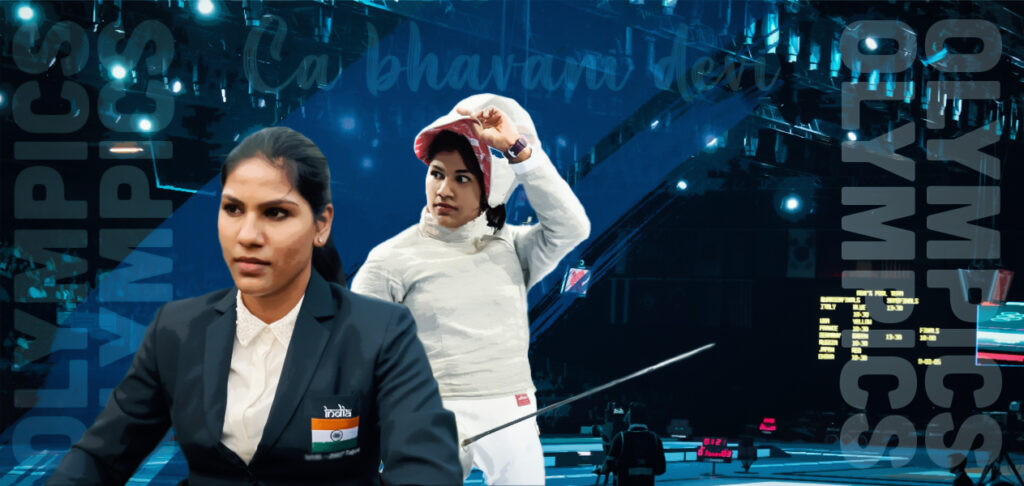
And even winning tours and events came with a cost. Due to their humble family background, her parents often borrowed money to finance their daughter’s blossoming career. Bhavani sought crowdfunding, while her mother pawned her jewellery to fund her daughter’s career.
“They had loans taken from neighbours. Half the time when she used to win an award, the money used to go to repay the loan. I know that they’ve had really bad days,” said Deepti Bopaiah, a close family friend of Bhavani.
Somewhere around 2015, the then 21-year-old was contemplating leaving the sport. Just around that time, though, GoSports’ Rahul Dravid Athlete Mentorship came into being, with Dravid wanting the foundation to pick up athletes from sports which were not mainstream in India and had more girls competing than boys. The program currently supports Tokyo-bound badminton players B Sai Praneeth and Kidambi Srikanth, rifle shooter Anjum Moudgil, and gymnasts Dipa Karmakar, Meghana Reddy, Aruna Reddy, and Rakesh Patra besides Bhavani.
As she made the cut for the mentorship program, Bhavani soon moved to Livorno, Italy, to train under Nicola Zanotti. The port city of Livorno, nestled in the lap of the picturesque Tuscany, has been Bhavani Devi’s training base for a couple of years now. Fencing as a sport has been dominated by the European countries since its introduction at the Olympic Games. The fencing argot is full of references to the “Spanish School of Fencing”, the “German School of Fencing”, the “Italian School of Fencing”, the “French School of Fencing”, the list goes on.
While Bhavani looks at the Italian fencing style as a very tactical game, her coach, Nicola Zanotti, prefers to look at it more artistically. “In Italy, we do not teach a single fencing style, every club has its own. The best characteristic of the Italians is the fantasy (their imagination), so Italians don’t fence in the same way. It makes it difficult for opponents to adapt.”
In 2019, she won the silver medal in the women’s sable individual category at the 2019 Tournoi Satellite Fencing Competition in Ghent, Belgium. She lost the final to Bashta Anna from Azerbaijan. She then made history by becoming the first Indian to win gold at the Senior Commonwealth Fencing Championship at Canberra. She breezed past Catriona Thomson from Scotland in the semi-finals and then defeated the English fencer Emily Ruaux in the final.
But the biggest breakthrough of her career came in March 2021, when after reaching the quarterfinals of the Budapest World Cup – an Olympic qualification competition – she made the cut for the Tokyo Olympics by virtue of improved ranking of world number 42. Her run to the quarterfinal stages of the Budapest World Cup helped her earn 44 valuable points, which was enough to secure one of the two quota places.
“There were two Olympics quota places in the Asia Oceania group. A Japanese fencer was the first while Bhavani was second,” Bashir Ahmed Khan, secretary general of Fencing Association of India, told IANS. After she returned to India, she was greeted with a chorus of celebratory felicitations and a couple of virtual press conferences, the 27-year-old was ecstatic with her achievement, though she knew her journey had just begun.
With her qualification, Bhavani will turn the heads of a country with 1.3 billion people to a sport, which despite being present at every edition of the modern Olympics, has never caught the attention of the second-most populous country in the world. The 27-year-old will be training with the Italian national team in the lead up to the Tokyo Olympics.
In an interview, the Chennai fencer said, “I’m looking forward to competing at the Olympics. This is the first time most Indians will be watching fencing. And they will probably watch me fencing for the first time as well. At the Olympics, I don’t want to put any limits to what I can do.“



